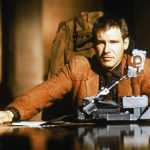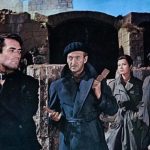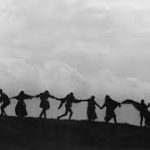The Godfather (1972)
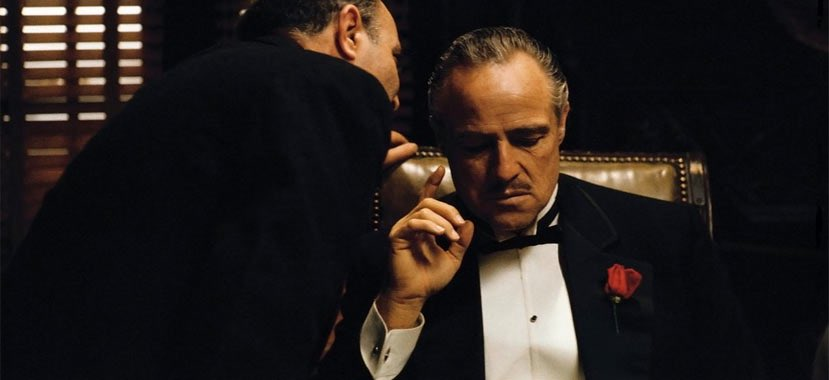
“The Godfather,” directed by Francis Ford Coppola and released in 1972, is a landmark film in American cinema that has left an indelible mark on popular culture. Based on Mario Puzo’s novel of the same name, the film is a sprawling epic that explores themes of power, loyalty, family, and the American Dream. Widely regarded as one of the greatest films ever made, “The Godfather” is celebrated for its intricate narrative, rich character development, and masterful direction.
The narrative of “The Godfather” revolves around the Corleone crime family, led by patriarch Vito Corleone (played by Marlon Brando). Set in post-World War II New York City, the film traces the evolution of the Corleone empire through the perspectives of Vito’s youngest son, Michael Corleone (played by Al Pacino), who initially seeks to distance himself from the family’s criminal enterprises.
Central to the film’s plot is the transition of Michael Corleone from a reluctant outsider to a ruthless and calculating successor to his father’s criminal empire. The story unfolds against the backdrop of power struggles, betrayal, and shifting alliances within the organized crime syndicate, as the Corleone family navigates the complexities of maintaining control amidst external threats and internal strife.
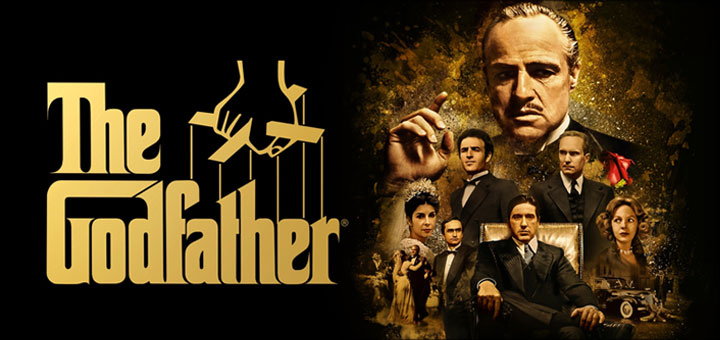
Thematically, “The Godfather” explores the consequences of ambition, moral compromise, and the blurred lines between legality and criminality. It delves into the dynamics of loyalty and honor among criminals, depicting the Corleone family as both perpetrators of violence and guardians of their own moral code.
Visually, “The Godfather” is renowned for its atmospheric cinematography and iconic imagery, capturing the grandeur and grittiness of 1940s and 1950s America. The film’s meticulous attention to period detail, from costumes to set design, enhances its authenticity and immerses viewers in the era of post-war prosperity and organized crime.
The film’s score, composed by Nino Rota, evokes a sense of melancholy and foreboding, complementing the narrative’s emotional depth and dramatic tension. The use of recurring motifs and themes underscores the film’s exploration of power dynamics and the consequences of ambition on personal and familial relationships.

Marlon Brando delivers an iconic performance as Vito Corleone, portraying the character’s wisdom, charisma, and moral complexity with gravitas and nuance. Al Pacino’s portrayal of Michael Corleone, evolving from a reluctant outsider to a ruthless leader, showcases his transformation through subtle gestures and emotional intensity.
Critically acclaimed upon its release, “The Godfather” continues to resonate with audiences for its thematic depth, complex characters, and cinematic craftsmanship. It has inspired sequels, adaptations, and countless homages in popular culture, solidifying its status as a cultural touchstone and a defining example of cinematic storytelling.
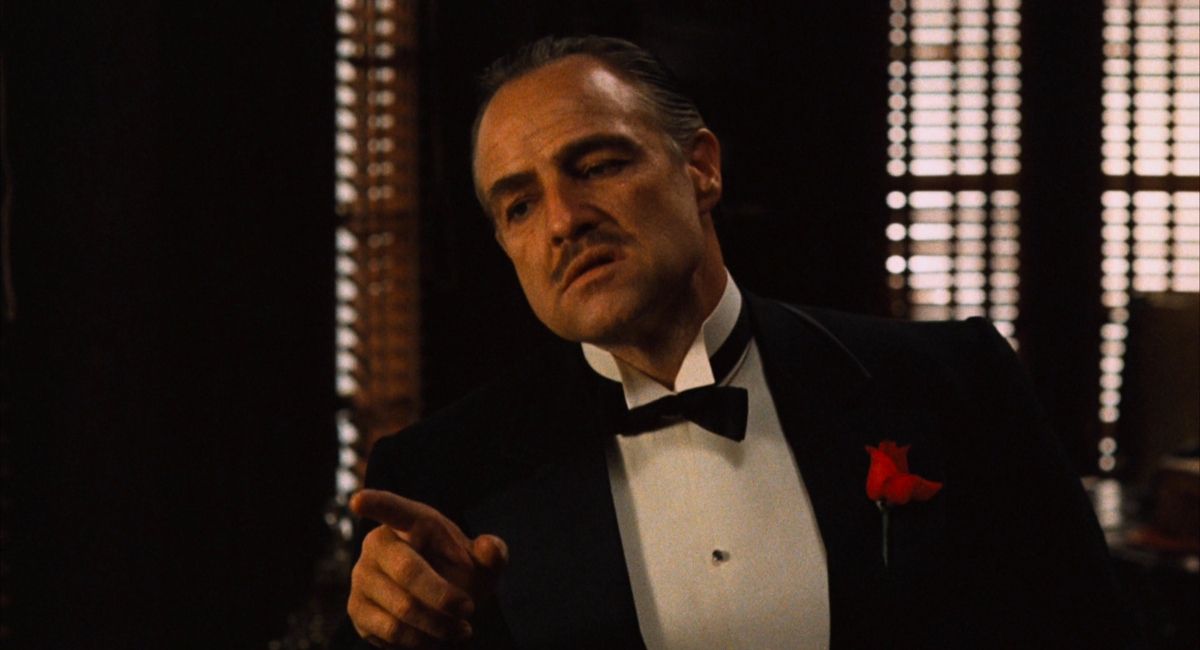
In conclusion, “The Godfather” is a cinematic masterpiece that transcends its genre to explore universal themes of power, family, and the human condition. Through its compelling narrative, memorable performances, and artistic vision, the film remains a testament to the enduring legacy of Francis Ford Coppola and the timeless allure of the gangster epic.
